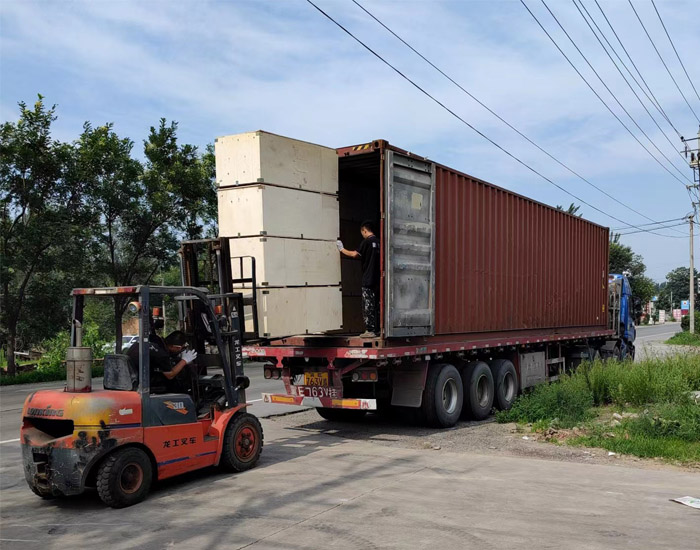Poultry litter windrow management for improved composting and nutrient recycling efficiency
Poultry litter windrowers are powerful machines used in the agriculture industry to efficiently manage and process poultry waste. These machines play a crucial role in the proper disposal and recycling of poultry litter, which consists of a mixture of manure, bedding, feathers, and feed spillage. By effectively managing this waste material, poultry litter windrowers help reduce environmental pollution, improve soil health, and create valuable fertilizer for agricultural use.
One of the primary functions of poultry litter windrowers is to create windrows, which are long, narrow piles of poultry litter that are carefully arranged in rows. The windrower's rotating drum or auger mechanism picks up the litter and forms it into neat rows, allowing for better aeration and decomposition. This process is essential for controlling odor and reducing the risk of harmful pathogens spreading to surrounding areas.
Furthermore, poultry litter windrowers are equipped with turning capabilities, which help to regularly turn and mix the litter to promote even decomposition. This mixing action aerates the pile, facilitating the breakdown of organic matter and accelerating the composting process. Through regular turning, the windrower ensures that the poultry litter is thoroughly decomposed, resulting in a high-quality organic fertilizer that can be used to improve soil fertility and crop yields.
poultry litter windrower

In addition to managing poultry waste, windrowers also help to reduce the volume of litter that needs to be disposed of in landfills. By composting poultry litter on-site, farmers can significantly reduce their waste disposal costs and minimize their carbon footprint. The resulting compost can be utilized as a nutrient-rich soil amendment, reducing the need for synthetic fertilizers and promoting sustainable agricultural practices.
Another advantage of using poultry litter windrowers is the reduction of greenhouse gas emissions. By composting poultry litter, farmers can capture and store carbon in the soil, helping to mitigate the effects of climate change. Additionally, composting reduces the release of methane, a potent greenhouse gas that is generated during the decomposition of organic waste in landfills. By using windrowers to compost poultry litter, farmers can play a crucial role in reducing their environmental impact and contributing to a more sustainable agricultural industry.
Overall, poultry litter windrowers are indispensable tools for managing poultry waste and promoting sustainable agriculture. By efficiently processing and composting poultry litter, these machines help to improve soil health, reduce environmental pollution, and minimize waste disposal costs. As the demand for organic fertilizers and sustainable farming practices continues to grow, poultry litter windrowers will play an increasingly important role in helping farmers meet these challenges and achieve long-term sustainability in their agricultural operations.
Latest news
-
When to Upgrade Your Old Forage HarvesterNewsJun.05,2025
-
One Forage Harvester for All Your NeedsNewsJun.05,2025
-
Mastering the Grass Reaper MachineNewsJun.05,2025
-
How Small Farms Make Full Use of Wheat ReaperNewsJun.05,2025
-
Harvesting Wheat the Easy Way: Use a Mini Tractor ReaperNewsJun.05,2025
-
Growing Demand for the Mini Tractor Reaper in AsiaNewsJun.05,2025







